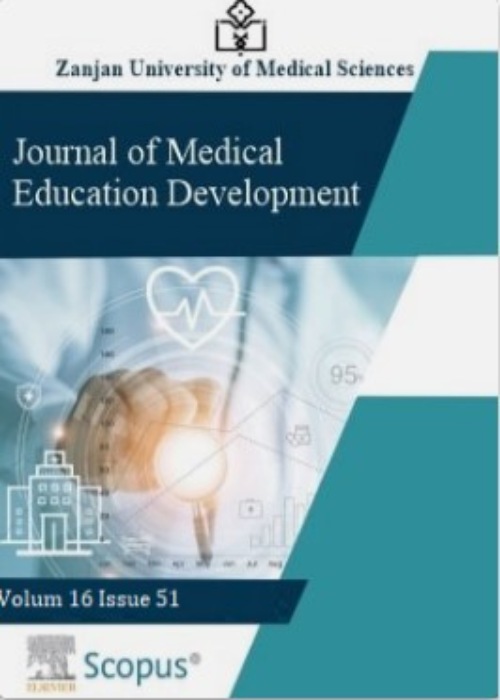Investigating the components of virtual education development based on the four-frame model of organizational development
The development of virtual education is one of the important needs of universities and one of the main policies of higher education. The present research was conducted based on Bolman and Deal's four-frame model (1991) to compare the existing situation and the importance of the components of virtual education development (structural, human resources, political, and symbolic) from faculty members' perspectives.
This descriptive survey study was conducted in 2019-2020. The research community was the faculty members of Shiraz University of Medical Sciences in 2019 with at least one year of experience (700 people). The sample size was calculated at 220 cases using Cochran's formula, and 156 participants provided complete questionnaires. The research tool was a researcher-made questionnaire consisting of 32 items in four domains- structural, political, human resources, and symbolic (cultural). Form and content validity were confirmed from the perspectives of 10 experts, and construct validity was confirmed with KMO=0.944. Bartlett's Sphericity index was P<0.001, and reliability was reported with Cronbach's alpha of 0.973. Data were analyzed in SPSS software (version 24) using paired t-test, independent t-test, ANOVA, and Pearson's correlation.
There was a significant difference between the existing situation and the importance of the components (favorable) (P<0.001). Based on the four-frame model, the mean scores of human resources, symbolic, structural, and political components were reported as 3.44±0.86, 3.13±1.10, 3.11±0.92, and 2.93±1.07, respectively. There was no significant difference in the mean of the components by gender and years of employment (P>0.05); nonetheless, it was different by academic rank, disciple, and faculty (P<0.05). There was a significant correlation among the components (P<0.01).
As evidenced by the obtained results, the development of virtual education requires close attention to organizational, cultural, human, and political variables. Furthermore, the development is also affected by the culture of the discipline; therefore, a comprehensive examination is needed in the analysis of issues and provision of solutions.
- حق عضویت دریافتی صرف حمایت از نشریات عضو و نگهداری، تکمیل و توسعه مگیران میشود.
- پرداخت حق اشتراک و دانلود مقالات اجازه بازنشر آن در سایر رسانههای چاپی و دیجیتال را به کاربر نمیدهد.


